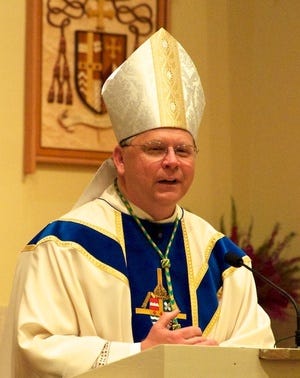Stika accepted deacon accused of misconduct; Knoxville priests criticize 'pattern' of leadership
News: Vos Estis Lux Mundi
The Bishop of Knoxville accepted a transitional deacon for parish ministry, even after the deacon was dismissed from seminary because of sexual misconduct allegations. Bishop Richard Stika reportedly intended to ordain the deacon a priest, despite objections from both Knoxville’s diocesan priests and psychological experts.

